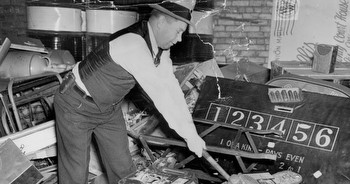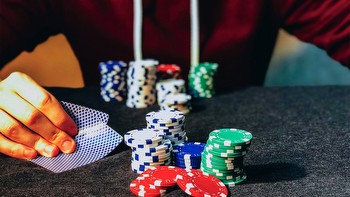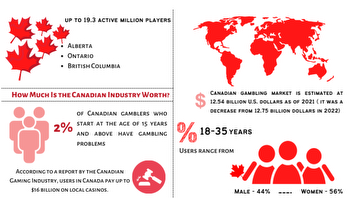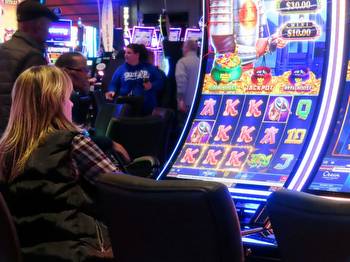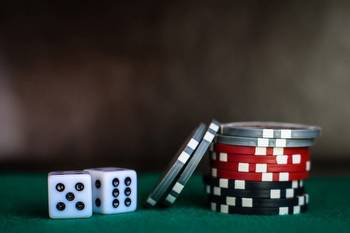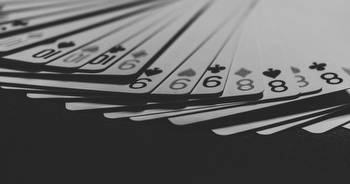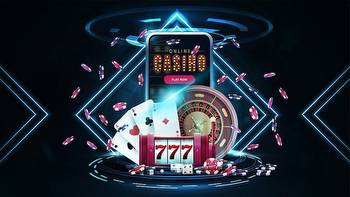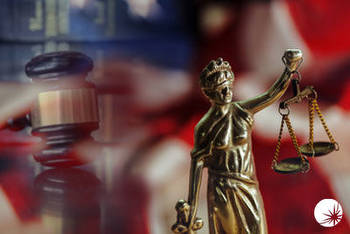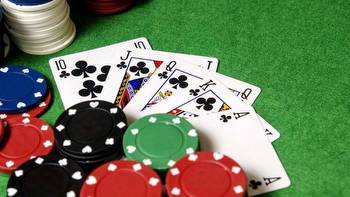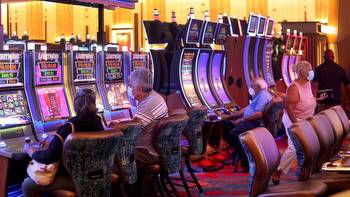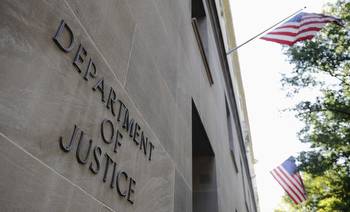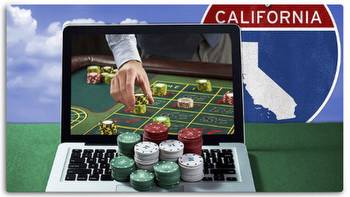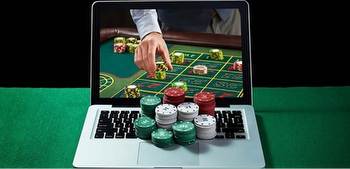Gambling 101: The Vice That's Getting More Nice
Gambling and more particularly the regulation of gambling has been part of the United States before we were even the United States. Societal standards and the need for revenue have largely shaped the history of legal gambling in the U.S. Risk taking and opportunism were part of the frontier spirit in the New World. In fact, the Jamestown settlement was funded by instant-win lotteries, and lottery proceeds in the original 13 colonies helped establish some of our earliest and most prestigious universities. Playing the lottery was thought of as a civic responsibility.
Early Nineteenth century objections on moral and religious grounds led to a strong sentiment that people should behave in virtuous ways – meaning no gambling. But by the mid-1800s gambling resurfaced with the gold rush and the South’s need to generate revenue through lotteries to rebuild the war-ravaged region. But the rise of Victorian morality led to an end of legalized gambling.
The great depression actually helped to change the country’s anti-gambling mood, as stimulating the economy bested moral concerns. By 1964 – after a 70-year hiatus – legal government-sponsored lotteries re-arose. In 1977, New Jersey legalized gambling in Atlantic City and in 1979 the Seminole tribe opened the first reservation-based commercial gambling. The 1990s brought riverboat casinos and legalized gambling in Detroit.
Sports gambling (thanks to the Black Sox and later Pete Rose), however, was still a no-no when Congress passed the Professional and Amateur Sports Protection Act of 1992. But the Supremes deemed it unconstitutional for the federal government to prohibit states from legalizing gambling under state law. When Internet gambling arose, the Unlawful Internet Gambling Enforcement Act of 2006 soon followed. Today, basically states are free to allow whatever gambling they chose.
For those of you trying to keep score:
Important Federal Gambling Laws
The Wire Act of 1961. By its terms this Act prohibits interstate bets or wagers “on any sporting event or contest.” In 2018, the U.S. Supreme Court confirmed that the Wire Act only applies to interstate gambling on sporting events.
The Professional and Amateur Sports Protection Act of 1992 prohibited states from authorizing betting on sporting events, with certain exceptions. In 2018, the U.S. Supreme Court held that the statute was unconstitutional.
The Illegal Gambling Business Act makes illegal gambling businesses illegal.
The Interstate and Foreign Travel or Transportation in Aid of Racketeering Act makes interstate gambling illegal if it’s illegal under the underlying state law.
The Wagering Paraphernalia Act makes it illegal to transport gambling paraphernalia across state lines, such as tickets, slips, tokens, etc.
The Anti-Lottery Act makes it illegal to carry lottery tickets over state lines, unless legal in the applicable states.
The Indian Gaming Regulatory Act of 1988 grants federally-recognized Native American tribes the exclusive right to regulate gambling on their lands.
The Interstate Horseracing Act of 1978 prohibits interstate wagers on horseracing, unless lawful in the applicable states.
The Unlawful Internet Gambling Enforcement Act of 2006 made it a federal crime to process financial transactions necessary for gambling to take place, provided again that the gambling is illegal under applicable state law. It also exempted fantasy sports competitions.
State Law
Generally, gambling is prohibited in a state, unless specifically authorized by that state. Here is a brief run down:
Internet (Casino) Gambling: DE, NJ, PA, NV, MI, NV
Sports Betting: Ark., CO, DE, DC, IL, IN, IO, LA, ME, MD, MI, MS, MT, NH, NJ, NM, NY, NC, OR, PA, RI, SD, TN, VA, WA, WV.
Online Sports Betting: CO, DE, DC, IL, IN, IO, ME, MI, NV, NH, NJ, OR, PA, RI, TN, VA, WV (and likely soon LA, MA and MD).
The iGaming industry was given an even bigger boost by the COVID lockdown. For now, gambling appears to be on an upswing. Will we see an end to “No Purchase Necessary”? Doubtful, but this vice is nice for the time being. Cue Religious Fundamentalist objections to re-set the rollercoaster.








